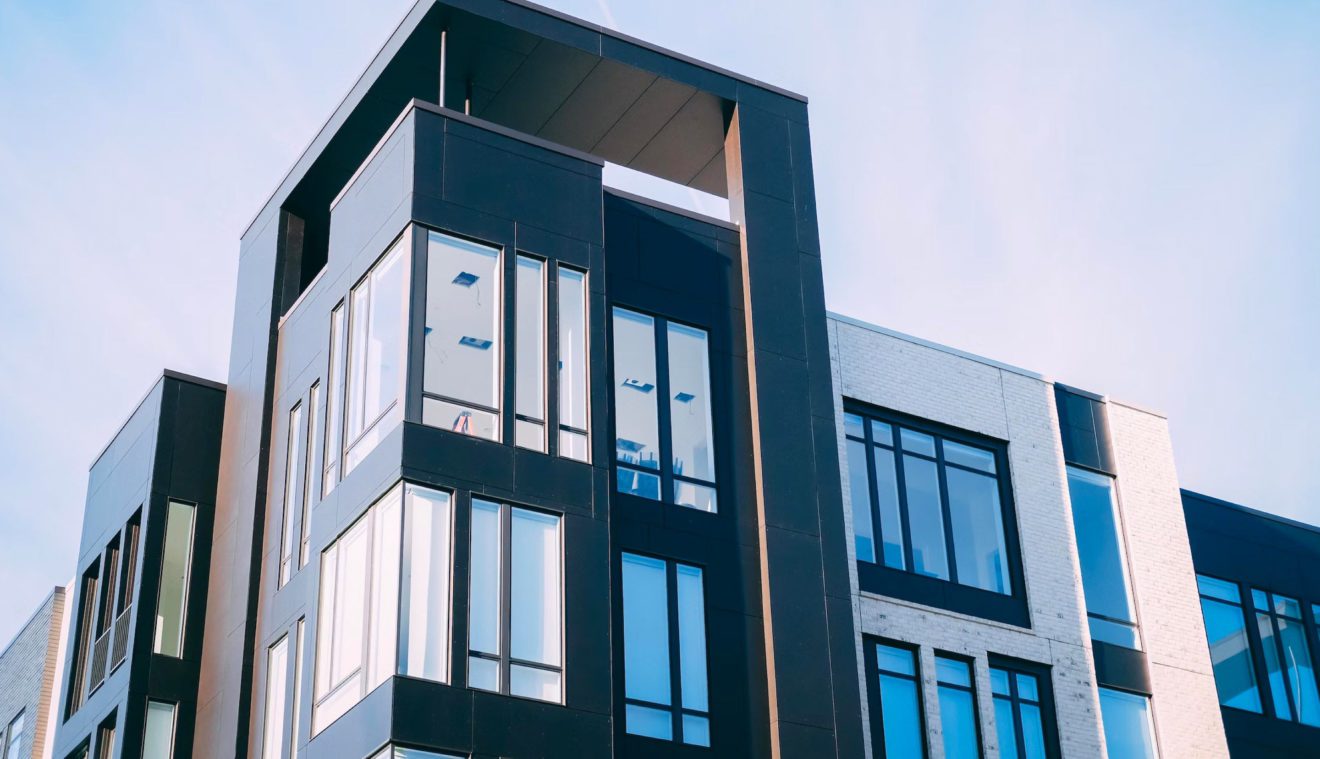Managing a commercial building is no small feat. From ensuring structural integrity to keeping tenants satisfied, every aspect requires careful oversight. Property managers play a crucial role in maintaining these buildings efficiently, addressing maintenance issues, enforcing regulations, and optimizing operations. Businesses and investors in commercial property management Toronto rely on experienced property managers to safeguard their assets, enhance property value, and create a seamless experience for tenants.

The Role of Property Managers in Commercial Building Maintenance
Commercial property managers are responsible for overseeing every operational aspect of a building. Their primary goal is to maintain the property’s functionality, aesthetics, and safety while maximizing its long-term value.
They handle a broad spectrum of responsibilities, including
- Preventive Maintenance Planning
- Tenant Relations and Lease Compliance
- Energy Efficiency and Cost Reduction
- Emergency and Risk Management
- Vendor and Contractor Coordination
Each of these areas plays a vital role in ensuring the smooth operation of a commercial property.
Preventive Maintenance: The Key to Efficiency
One of the most cost-effective strategies for maintaining a commercial building is preventive maintenance. This proactive approach involves regular inspections and routine upkeep to identify potential issues before they escalate into costly repairs.
Property managers create detailed maintenance schedules covering essential components such as:
- HVAC Systems: Regular servicing of heating, ventilation, and air conditioning units to improve efficiency and prevent unexpected failures.
- Plumbing and Water Systems: Checking for leaks, blockages, and corrosion to avoid water damage and maintain sanitation.
- Electrical Systems: Inspecting wiring, lighting, and backup generators to ensure safety and compliance with regulations.
- Roof and Exterior Maintenance: Addressing wear and tear, preventing leaks, and maintaining the building’s structural integrity.
- Fire Safety Compliance: Testing fire alarms, extinguishers, and sprinkler systems to meet safety codes.
By implementing preventive maintenance strategies, property managers reduce emergency repairs, extend the lifespan of building components, and keep operating costs under control.
Tenant Relations and Lease Compliance
Commercial properties thrive when tenants are satisfied. Property managers act as the primary point of contact between landlords and tenants, ensuring lease agreements are upheld and addressing concerns promptly. Their responsibilities include:
- Lease Enforcement: Ensuring tenants adhere to lease terms, including maintenance obligations and usage guidelines.
- Conflict Resolution: Mediating disputes between tenants or between tenants and landlords.
- Regular Communication: Providing tenants with updates on property maintenance, safety measures, and any upcoming changes.
A well-managed property with responsive support fosters tenant retention, reducing vacancies and ensuring a steady income stream for property owners.
Energy Efficiency and Cost Reduction
A significant challenge in commercial property management is controlling operational expenses without compromising quality. Property managers implement energy-efficient practices to lower utility costs and promote sustainability.
Strategies include:
- Smart Building Technology: Using automated lighting, HVAC controls, and motion sensors to optimize energy use.
- Energy Audits: Identifying areas where energy consumption can be reduced and recommending upgrades.
- Waste Management Programs: Implementing recycling initiatives and sustainable waste disposal methods.
Efficient energy management not only reduces expenses but also enhances the building’s marketability, making it more attractive to eco-conscious tenants and investors.
Emergency and Risk Management
Unexpected events can disrupt commercial building operations. Whether it’s a natural disaster, power outage, or security breach, property managers must have comprehensive risk management plans in place.
Key elements of an effective emergency plan include:
- Disaster Preparedness: Creating protocols for fire, floods, earthquakes, and extreme weather conditions.
- Security Measures: Implementing access controls, surveillance cameras, and security personnel for tenant safety.
- Insurance Compliance: Ensuring the property is adequately insured against potential risks.
By proactively managing risks, property managers protect tenants, employees, and the financial interests of building owners.
Vendor and Contractor Coordination
Maintaining a commercial building often requires specialized services from external vendors and contractors. Property managers act as the liaison between building owners and service providers, ensuring quality work at competitive rates.
Responsibilities include:
- Hiring and Managing Vendors: Selecting reputable maintenance companies, landscapers, janitorial services, and repair professionals.
- Contract Negotiation: Securing cost-effective service agreements while maintaining high-quality standards.
- Performance Monitoring: Conducting inspections to ensure work meets the required standards.
Efficient vendor management minimizes disruptions and ensures all maintenance tasks are handled professionally and on schedule.
Legal Compliance and Regulatory Standards
Commercial properties are subject to various local and federal regulations. Property managers ensure compliance with all legal requirements, including:
- Building Codes: Adhering to structural and safety standards set by municipal authorities.
- Health and Safety Regulations: Implementing workplace safety measures to protect occupants.
- Accessibility Requirements: Ensuring the building meets disability access guidelines.
Failure to comply with regulations can lead to fines, legal disputes, and reputational damage, making it essential for property managers to stay updated on industry standards.
Financial Oversight and Budgeting
Property managers also play a significant role in financial planning for commercial buildings. They help property owners create and manage budgets, allocate resources efficiently, and optimize revenue.
Key financial responsibilities include
- Expense Tracking: Monitoring operational costs and identifying areas for savings.
- Rent Collection and Financial Reporting: Ensuring timely rent payments and providing financial updates to owners.
- Capital Improvement Planning: Advising on long-term investments to enhance the property’s value.
By maintaining financial transparency and efficiency, property managers help maximize returns for commercial property investors.
The Impact of Technology in Property Management
Advancements in technology have revolutionized commercial property management. Modern property managers utilize digital tools to streamline operations, enhance security, and improve tenant experience.
Some of the most impactful technologies include
- Property Management Software: Automating lease tracking, maintenance requests, and financial reporting.
- Remote Monitoring Systems: Using IoT devices to track building conditions in real time.
- Virtual Tours and Digital Leasing: Simplifying the leasing process for prospective tenants.
Embracing technology enhances efficiency, reduces costs, and strengthens tenant satisfaction.
Why Choose InTrust.?
Maintaining a commercial property requires expertise, strategic planning, and a commitment to excellence. InTrust. is dedicated to delivering top-tier property management solutions tailored to the unique needs of each commercial space. With a deep understanding of commercial property management in Toronto, we provide:
- Proactive Maintenance Strategies: Preventing costly repairs and ensuring smooth operations.
- Exceptional Tenant Support: Enhancing tenant satisfaction and reducing vacancies.
- Cost-Effective Solutions: Implementing energy-efficient practices and budget-conscious management.
- Strong Vendor Networks: Partnering with reputable service providers for high-quality maintenance.
- Compliance Assurance: Keeping properties aligned with legal and safety regulations.
At InTrust., our goal is to optimize the performance of your commercial property while protecting your investment. With a team of experienced professionals, we handle every aspect of property management so you can focus on growing your business.
Efficient commercial property management isn’t just about maintaining a building—it’s about creating a thriving, sustainable environment where businesses can succeed. Let InTrust. be your trusted partner in achieving that goal.

Questions About Commercial Real Estate?
See the services we offer to learn how we can help you achieve more with your asset.
Learn More


